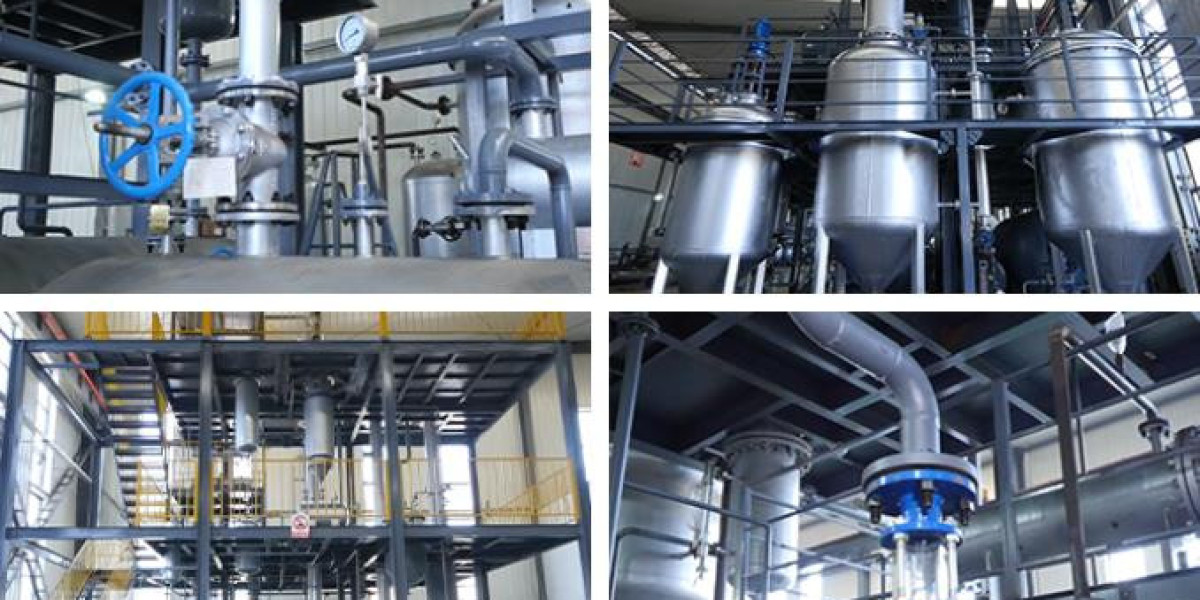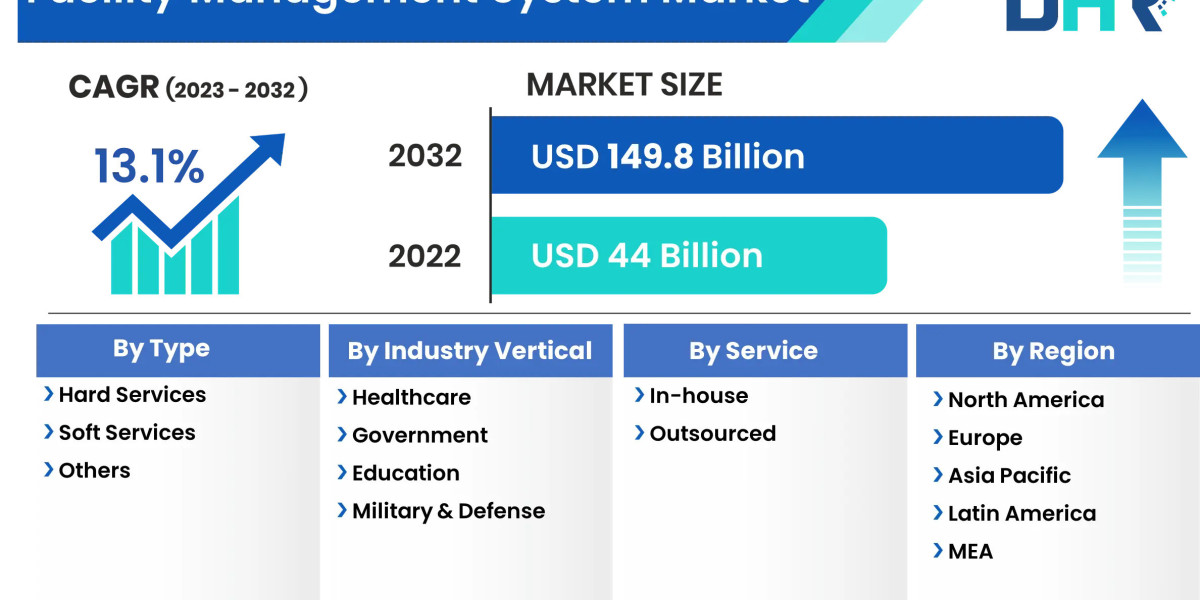It can contaminate soil and water, harm wildlife, and pose health risks. Fortunately, used engine oil can be recycled into high-quality base stock, offering a sustainable solution and valuable resource. However, a critical challenge remains: expanding collection and recycling infrastructure to ensure proper disposal and maximize the benefits of re-refining.
Currently, a significant portion of used engine oil is not collected and recycled responsibly. This can be attributed to several factors, including:
Limited access to collection points: Consumers may find it inconvenient to locate and access designated drop-off locations, especially in remote areas.
Lack of awareness: Many individuals remain unaware of the environmental consequences of improper disposal and the availability of recycling options.
Inadequate infrastructure: The number of recycling facilities and their processing capacity may not be sufficient to handle the volume of used oil generated.
To address these challenges, various initiatives are being undertaken:
Establishing convenient drop-off points: Partnerships between businesses, municipalities, and environmental organizations are expanding collection points, including auto parts stores, service stations, and designated community centers.
Exploring innovative collection methods: Mobile oil change services with integrated used oil collection capabilities are being piloted to improve accessibility and convenience.
Investing in infrastructure development: Governments and private companies are increasing investments in building and upgrading recycling facilities to meet the growing demand for re-refining capacity.
Expanding collection and recycling infrastructure offers numerous benefits:
Environmental protection: Proper disposal and re-refining significantly reduce the environmental impact of used oil, minimizing pollution and conserving natural resources.
Resource recovery: Re-refining used oil conserves virgin crude oil, a non-renewable resource, contributing to a more sustainable future.
Economic benefits: A robust recycling system creates job opportunities in the collection, transportation, and re-refining sectors, stimulating the economy.
By overcoming the challenges and embracing innovative solutions, we can create a comprehensive and efficient collection and recycling infrastructure for used engine oil. This will not only safeguard the environment but also pave the way for a more sustainable and resource-conscious future.









